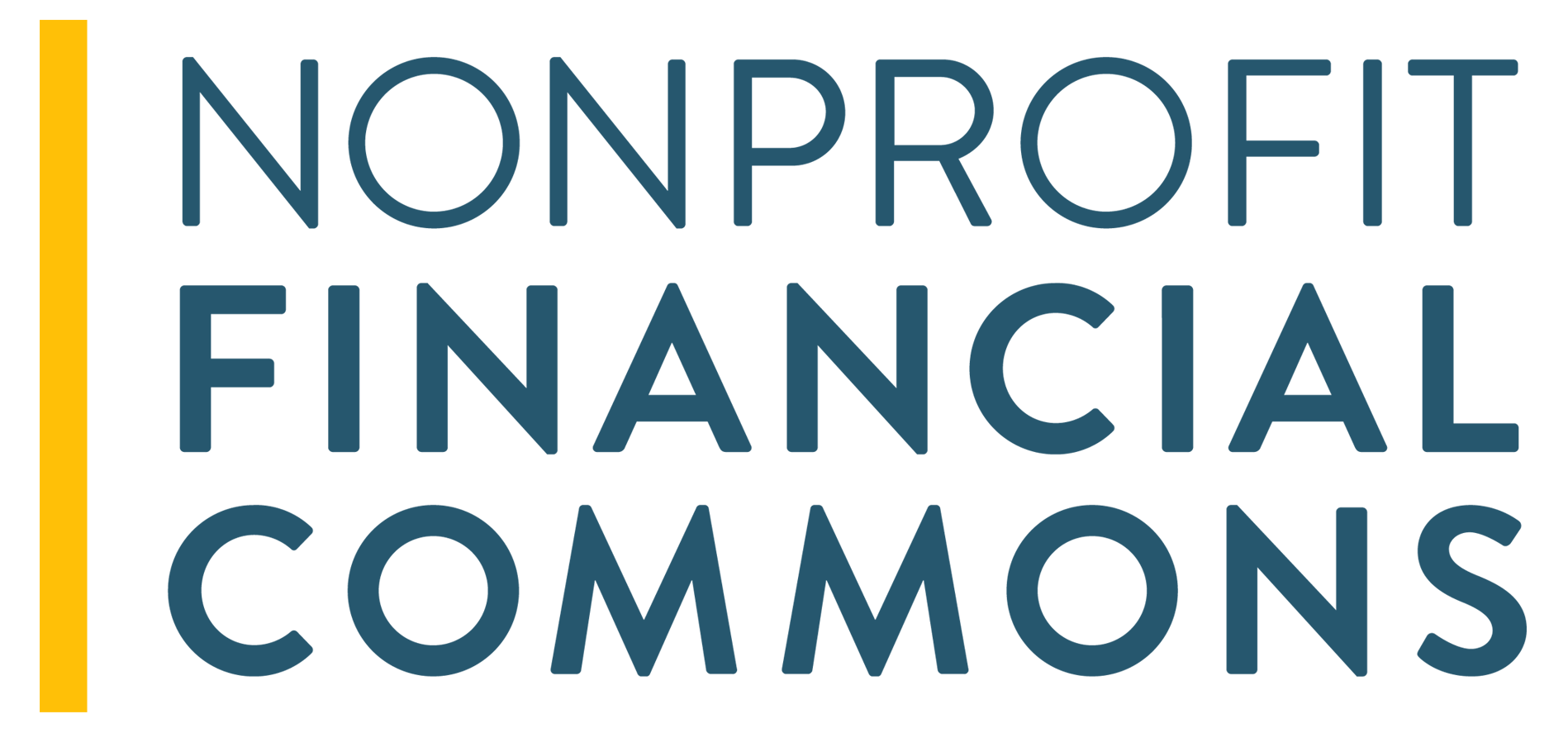Government-Funded Nonprofits – Webinar Recording and Resources List

The Business Model for Nonprofits with Government Funding
Video:
Accompanying Slides: Download here.
Original Research performed by BDO in partnership with the Nonprofit Financial Commons:
“Government-Funded Nonprofits Face Serious Obstacles to Building Financial Reserves and Working”
Sector-wide financial data reveals that a nonprofit business model that depends on receipt of government funding can be financially and administratively challenging. Analysis of IRS Form 990 data from almost 130,000 nonprofits clearly shows that high concentrations of revenue from government grants are correlated with dangerously meager financial reserves, low levels of cash on hand, and scant profit margins.
Original article with practical considerations for managers:
“Business Model Considerations: The Government-Funded Nonprofit”
Government funding has several characteristics to recommend it — it is just about the only place that nonprofits can access sustained funding that may extend over years and even decades. This is an enormous boon to certain fields. But it requires much of those who accept these dollars in that it comes with high administrative and compliance requirements while it pays less than full costs. Here, we talk at a granular level about the logistical, infrastructure and staffing needs of government-funded nonprofits. Read it here.
Tool:
FMA’s Funding Opportunity Assessment Tool
A new grant or contract can be vital to funding your organization’s programs — but it brings responsibilities and risks as well. This tool will help you evaluate whether a funding opportunity makes strategic sense and is feasible for your organization. The tool focuses on three areas: can you deliver the program, what financial impact will it have on your organization, and can you manage the contract? After answering the questions in each section, you will see how good a match the opportunity is for your organization, along with points to consider when deciding what to do. The degree of fit is illustrated by colors: green for close, yellow for possible, and red for questionable. Get started here.
Practical and Policy Guidance Available at the National Council of Nonprofits:
Governments at all levels depend on charitable nonprofits to provide efficient and effective services to residents that would be more costly if provided by others. Likewise, the nonprofit sector as a whole earns about a third of its total revenue by providing services under written agreements with governments.
The National Council of Nonprofits and its network of state associations of nonprofits are committed to improving the government-nonprofit contracting relationships and fix broken and antiquated grant/contracting systems in order to promote efficient and effective programs and services.
For accessing grants and updates: https://www.councilofnonprofits.org/trends-and-policy-issues/federal-policy-tax-law/resources-understanding-government-grants
Grants.gov is a government website where federal agencies post information about direct federal grants opportunities, referred to as “Funding Opportunity Announcements” (FOA) or “Request for Proposals” (RFP). Grants.gov is also a source for information about application packages, as well as required forms that nonprofits upload via the site, once completed.
Grants.gov also offers two other resources: Grants.gov Learning Center and Grants.gov Community Blog, that can help those new to government grants understand the policies and procedures of the grant lifecycle, proper grant management, and accurate terminology. The learning center and blog provide valuable information for nonprofits that do not have agreements directly with a federal agency, but are instead subrecipients of federal funds (which is the status of most nonprofits with government grants or contracts). Even those more experienced with government grants will benefit from information provided on these websites that report changes in policies and procedures established through the Office of Management and Budget (OMB) relating to the Uniform Guidance.
Thought-Provoking Research:
“A Deficit Model of Collaborative Governance: Government-Nonprofit Fiscal Relations in the Provision of Child Welfare Services.” Marwell, Nicole P. November 2014. Journal of Public Administration Research and Theory.
Using a case study of the nonprofit child welfare sector in New York State, we theorize a deficit model of collaborative governance in which nonprofits have been deputized by the state to secure children’s social rights but do not receive sufficient resources to cover the costs of securing those rights. Then, we connect this theory to organization-level financial management practices that pose challenges to the nonprofits of both survival and service quality. This nonprofit organizational instability concerns the state insofar as it threatens the securing of individuals’ social rights.
“The Hidden Costs of Trustworthiness.” Mitchell, George E. May 2022. Nonprofit and Public Sector Quarterly.
The theory of the nonprofit institutional form developed by Henry Hansmann emphasizes the importance of organizational trustworthiness in a sector defined by hard-to-measure outputs. This body of theory effectually rationalizes a normative approach to nonprofit financial management focused on maintaining organizational trustworthiness through fiscal probity signaling. Such signals include measurable indicators of overhead minimization, fiscal leanness, revenue diversification, and debt avoidance, among others. Appropriate signaling behavior may increase organizational trustworthiness as intended, but the effects on mission impact are not well understood. Thus, this article assesses how adherence to common fiscal probity norms affects mission impact, using total spending as a proxy. Based on a panel of donative public charities spanning 1982 to 2019, analysis suggests that norm-adhering nonprofits sacrifice about half of their mission impact over a 10-year period compared with norm-busting nonprofits. This forgone mission impact is the hidden cost of trustworthiness.

